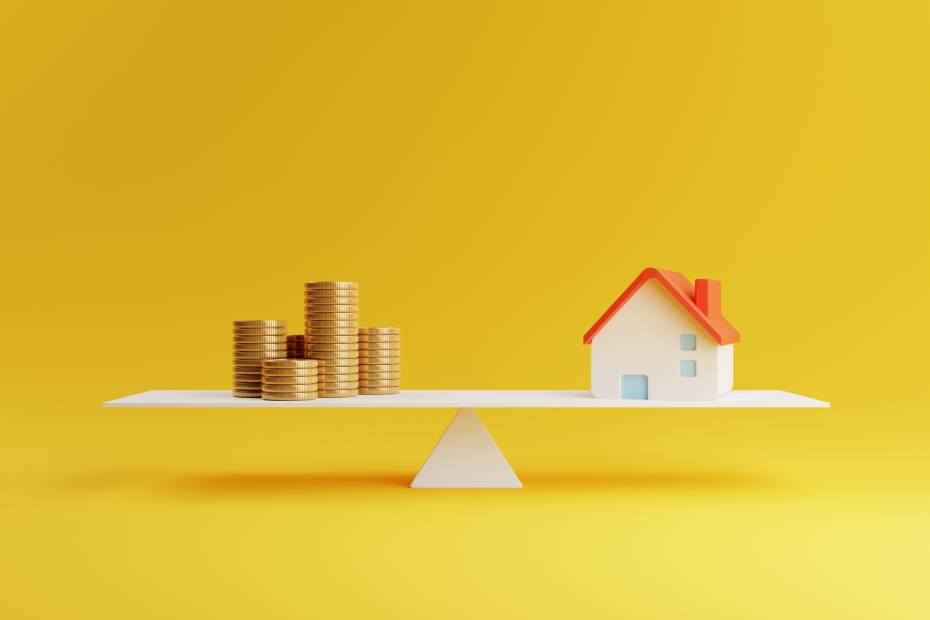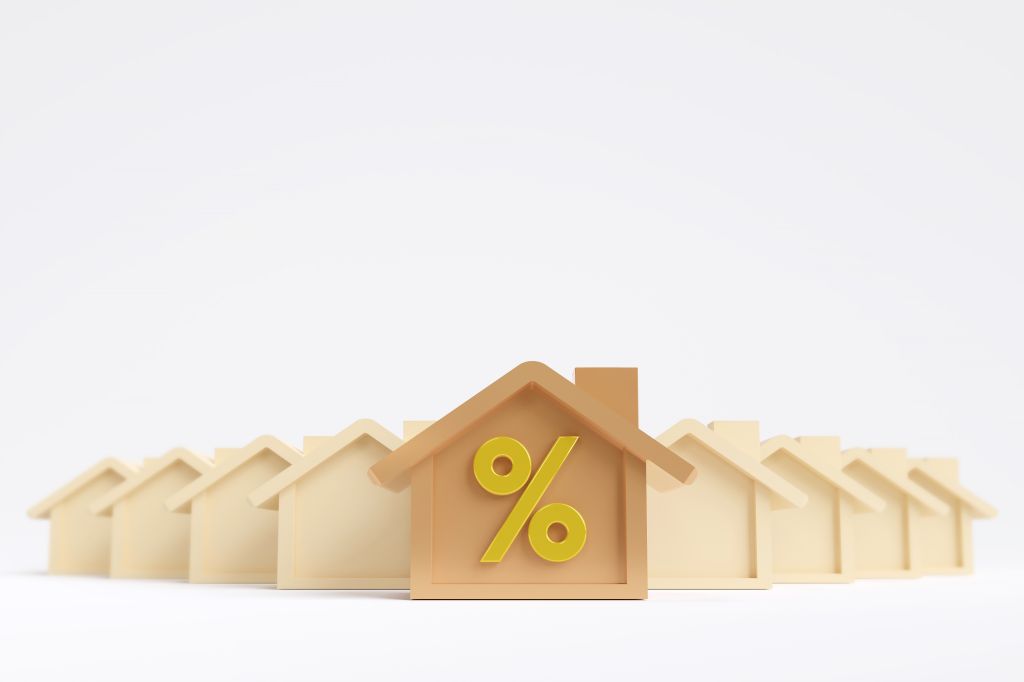Published March 9, 2022 • 4 Min Read
How much equity do you have in your home? How to find out, and why it’s an important number to know.
First, what is home equity?
The equity in your home is the difference between the current value of your home and the amount you owe on your mortgage. Using a simple example, if your home is worth $500,000 and you owe $300,000 on your mortgage, you have $200,000 of equity in your home.
You build equity through the rising value of your property, and/or making principal payments on your mortgage. The magic happens when you combine these events.
If you’ve owned your home for a number of years and have been diligently making your mortgage payments, you may have built up a sizeable amount of equity. If you’ve been making accelerated payments or any extra principal payments, your equity will be even higher.
Not sure how much your home is worth today? Use the RBC Home Value Estimator to see an estimated value of your home. Deduct your current mortgage amount to ballpark your home equity.
Next, why is knowing your home equity important?
Having an idea of your home’s value and your personal equity can help you make informed financial decisions.
Here are five ways you can use your home’s equity to your advantage.
1. To buy a new home. If you have $200,000 of equity in your home, you can put that money toward your new place. While some of that amount will need to go to closing costs and real estate fees, most of that lump sum can be used for a large down payment. And if it’s big enough, your monthly mortgage payment could be smaller than the one you have today, even if the new home is more expensive.
2. To renovate your current home. Home renovations can be costly, but they can also add both value and joy. If you’re committed to staying put for a while but want to give your home a boost, you can use the equity in your home to fund the reno.
Did you know? There are a few ways to tap into a home’s equity:
-
Home Equity Loan or Line of Credit: Through a Home Equity Loan or Line of Credit (HELOC) you can typically access up to 80% of your home’s value. A Home Equity Loan comes with fixed interest payments over a fixed term, while a HELOC is a revolving line of credit that allows you to use only the funds you need as you need them. You only make payments once you owe money and you can re-borrow what you pay back without having to re-apply.
-
Refinance: When you refinance a mortgage, you replace your existing mortgage with a new one with different terms. By doing so you can pull out some of your equity as a lump sum.
3. To fulfill a major goal. Sending a child to school. Starting a business. Buying a vacation property. These are exciting, meaningful goals that typically cost a lot of money and may consequently seem out of reach. But if you’ve got equity built up in your home, you can tap into it to achieve something that matters to you.
4. To consolidate debt. For Canadians, one of the more common uses for accessing their home equity is to consolidate debt. For instance, by refinancing your mortgage, you can pull other outstanding debt into one manageable payment at a lower interest rate. Imagine folding credit card debt into a mortgage at a rate of less than 5%. Not only do you reduce your cost of borrowing, but you also free up your cash flow by eliminating an additional monthly payment.
5. To boost your retirement income. If you’d like to have more cash reserves on hand when you retire, you can tap into the equity in your home to access a new source of retirement income. You can do so through a HELOC/ Home Equity loan or refinance, as well as a reverse mortgage.
Find out how much your home may be worth!
By answering a few questions, you can find out the estimated value of your home through the RBC Home Value Estimator. You can then work with an RBC Mortgage Specialist to determine your best options for accessing your home equity.
This article is intended as general information only and is not to be relied upon as constituting legal, financial or other professional advice. A professional advisor should be consulted regarding your specific situation. Information presented is believed to be factual and up-to-date but we do not guarantee its accuracy and it should not be regarded as a complete analysis of the subjects discussed. All expressions of opinion reflect the judgment of the authors as of the date of publication and are subject to change. No endorsement of any third parties or their advice, opinions, information, products or services is expressly given or implied by Royal Bank of Canada or any of its affiliates.
Share This Article






